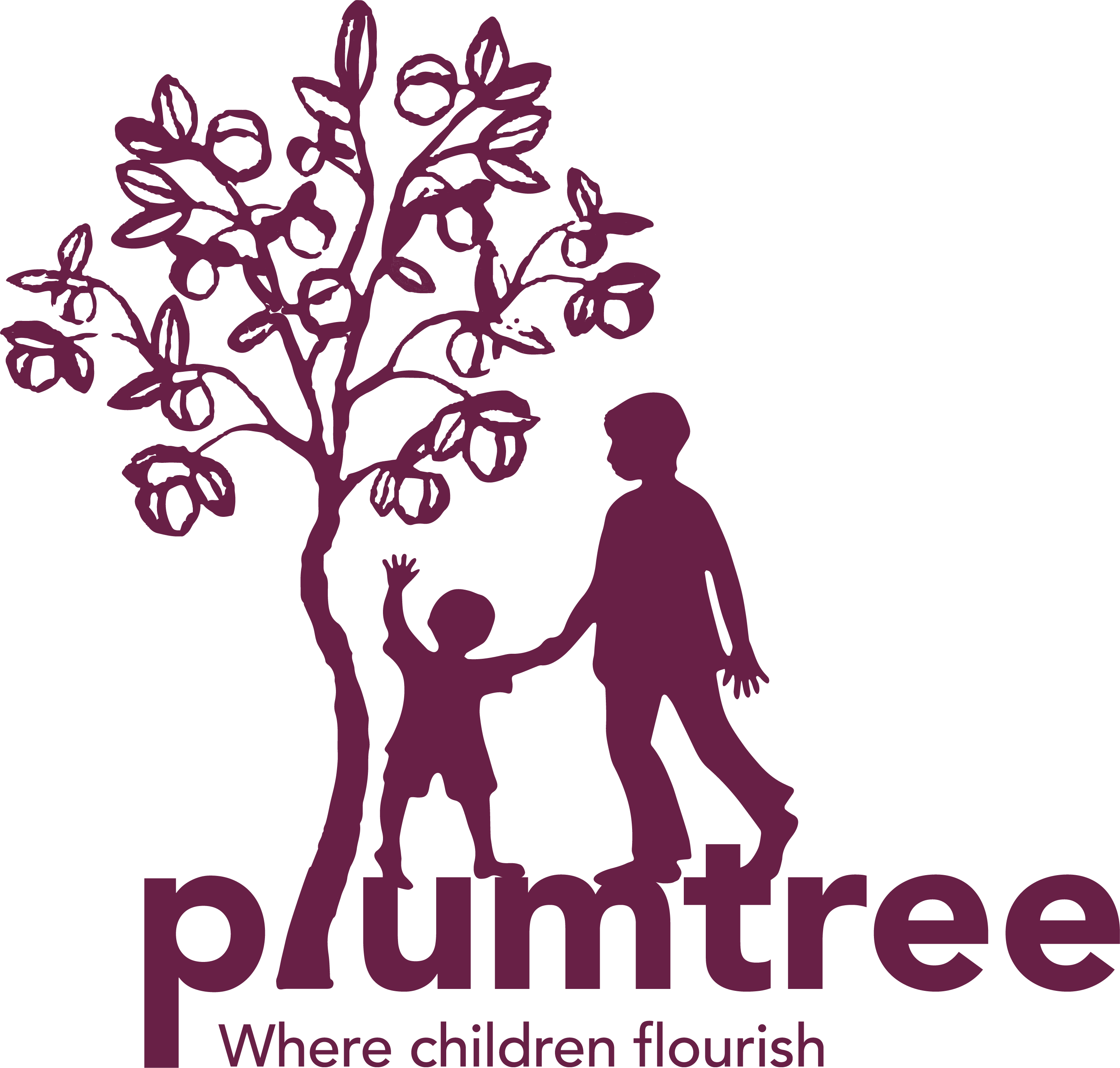Lesson 2: Support for families receiving negative comments in the library
During the initial research of Libraries as Community Connectors, many families remarked on receiving negative comments when visiting their local library and attending programs.
Not everyone has an understanding and acceptance of disability and inclusion. However, library staff have an opportunity to connect with parents and educate the community to create a positive experience for all families.
Talk to parents
Our message is that libraries are open and welcoming to all community members. Library staff play a central role as models for the inclusion and acceptance of children with a developmental delay or disability and their families.
You will be able to understand more about a child’s behaviour and how to engage meaningfully with them by asking their parents or carers about the best methods of support. As experts on their children, they can model the appropriate behaviour and strategies they use.
Some strategies, such as visuals and verbal prompts with gestures, are effective for all children in a group. They can also help inform other parents in the group about disability.
Responding is important
Negative comments and interactions lead to families not returning to library activities. This was noted in our surveys, both from parents of a child with a disability and library staff observers. It may take time before these families feel comfortable attending programs again. Creating a welcoming environment is vital for them to value library programs.
Here are some guidelines on addressing negative comments expressed at families of children with disabilities:
1. Always respond
As the facilitator and library employee, you have a duty to respond. Convey that the library does not tolerate discrimination or related behaviour to customers. Respond in a positive and respectful manner and show care for your audience and group.
You may also find that your community, other parents or children support your actions. If they love the library and its activities, they won’t let a rude customer tarnish the library experience for other families.
You can also remind this participant that library programs are inclusive. Customers enjoy them, and you are sorry that they don’t. Follow up by asking how you can help.
2. Talk to the commenter privately
If the situation has not been resolved or escalates, offer to continue a conversation on the issue in private. Let them know that you’re doing your best to address the problem and show everyone that you are dedicated to resolving the situation.
3. Addressing comments from employees
While you can do your best to manage your library’s reputation, employees can sometimes send the wrong message. Ensure that all team members are aware of their responsibility in representing the library.
Guidelines and policies are essential for a consistent message, as people have different points of view. Refer them to the library’s Code of Conduct, values and regulatory requirements.
You can also make inclusion values a part of staff induction, policy review, communications and professional development. If there are ongoing difficulties, discuss guidelines with the team member with an informal meeting or during an employee review.
4. Comments on library social media
Most libraries usually have a guideline or policy for addressing negative comments on social media. Regarding offensive or negative comments on disability or inclusion, we recommend a similar approach to the face-to-face guidelines previously mentioned.
- Don’t ignore or delete negative comments, and reply promptly
- Always respond in a positive and respectful manner
- Convey the library’s inclusive values and not tolerating abusive or discriminatory comments to customers
- For escalating issues, offer to continue the conversation privately
Libraries also have the right to delete social media comments that are detrimental or not aligned with their values. Whether to do so should be addressed on a comment-by-comment basis. Check with your library’s policies or consult with other team members if required.
5. Keep fostering inclusion
Generating consistent educational, informative and inspirational communications and good press can outweigh any negative comments.
6. Don’t take comments personally
All library customers, staff and volunteers are required to act according to a Code of Conduct, non-discriminatory policies and behavioural expectations. These guidelines steer interactions, strive to keep a positive, growing library community, and ensure a safe environment.
If you’re being harassed or notice someone else being harassed and the above guidelines have not resolved the issue, seek assistance from a manager or more experienced staff member. Your library may also have procedures to follow in these situations.
Some customers can be very difficult. A negative interaction in your group can seem like a personal attack, or make you feel like you’re not doing your job. Some difficult customers may just be poor communicators or reacting to a stressful day. Remember to remain calm and not take their comments personally.
